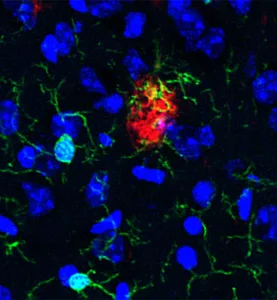Understanding Anhedonia: New Insights into Depression’s Core Symptom
Anhedonia, a persistent and challenging symptom of depression, is gaining increased attention from researchers. Recent studies are providing a deeper understanding of its underlying causes, paving the way for more effective and targeted treatment strategies. This offers hope for individuals struggling with this debilitating aspect of depression.
What is Anhedonia?
Anhedonia is characterized by a diminished ability to experience pleasure or interest in activities that were once enjoyable. It goes beyond simple sadness or a temporary lack of motivation; it’s a fundamental disruption in the brain’s reward system.
- Loss of interest in hobbies
- Inability to feel joy from social interactions
- Reduced or absent sexual desire
- Difficulty experiencing pleasure from food
The Roots of Anhedonia: Exploring the Causes
Researchers are exploring various factors that contribute to anhedonia, including:
- Neurochemical Imbalances: Dysregulation of neurotransmitters like dopamine and serotonin, which play crucial roles in reward and motivation.
- Brain Circuitry: Disruptions in the neural pathways connecting brain regions involved in pleasure, motivation, and emotional processing.
- Genetic Predisposition: Evidence suggests that genetic factors may increase susceptibility to anhedonia.
- Environmental Factors: Chronic stress, trauma, and adverse life experiences can also contribute to its development.
Toward Targeted Treatments
The new insights into the causes of anhedonia are fueling the development of more targeted treatments. These may include:
- Novel Medications: Drugs that specifically target the neurotransmitter systems and brain circuits implicated in anhedonia.
- Brain Stimulation Techniques: Therapies like transcranial magnetic stimulation (TMS) that can modulate brain activity in specific regions.
- Psychotherapy: Specialized therapeutic approaches that address the underlying psychological and emotional factors contributing to anhedonia.
Final Words
Understanding anhedonia is crucial for improving the lives of individuals with depression. By unraveling its complex causes and developing targeted treatments, researchers and clinicians can offer new hope for those struggling with this difficult-to-treat symptom. Continued research and innovation are essential to making further progress in this area.




+ There are no comments
Add yours